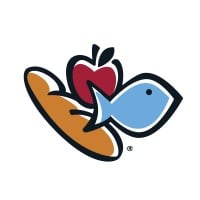
Pick n Pay
Welcome to Pick n Pay, where family values and customer-centricity converge to create an unparalleled shopping experience. Since 1967, when the visionary Raymond Ackerman championed the cause of consumers by acquiring the first few stores, the Ackerman family's dedication has steered our journey of growth and expansion. Today, Pick n Pay stands tall across South Africa, Namibia, Botswana, Zambia, Mozambique, Mauritius, Swaziland, and Lesotho, embodying our commitment to serving communities far and wide. Additionally, we proudly hold a 49% share in TM Supermarkets, a Zimbabwean retail giant, further extending our reach and impact. Our core offering spans groceries, clothing, and general merchandise, tailored to meet the diverse needs of our customers. But our dedication doesn't stop there. We go beyond the ordinary, offering value-added services that align with the evolving expectations of our patrons. The Group strives to address socio-economic challenges through the supply of high-quality, affordable food for all customers, while providing significant employment and economic opportunities across its value chain. To ensure utmost convenience and accessibility, Pick n Pay operates through various store formats, including both franchised and owned establishments. Whether you step into our stores for a quick grocery run or a leisurely shopping spree, expect nothing less than a seamless and enriching experience at Pick n Pay—the quintessential family store focused on you, our valued customer.






